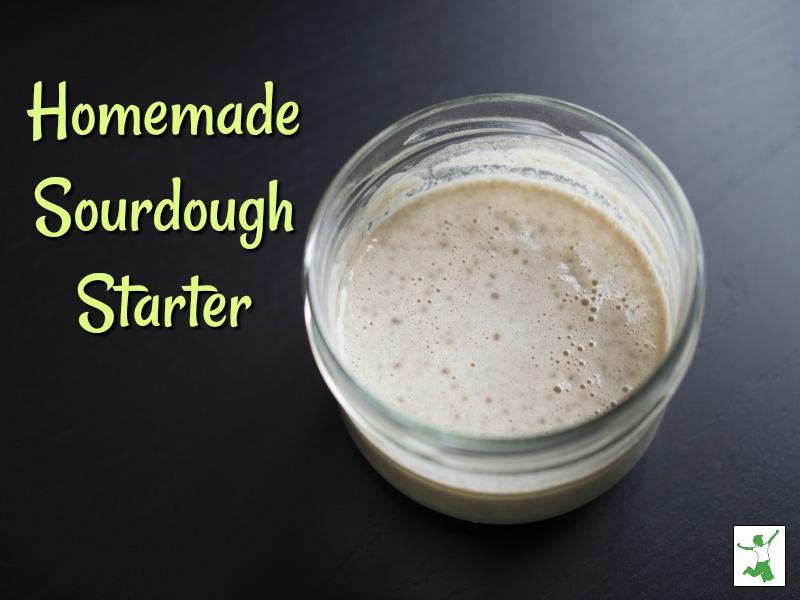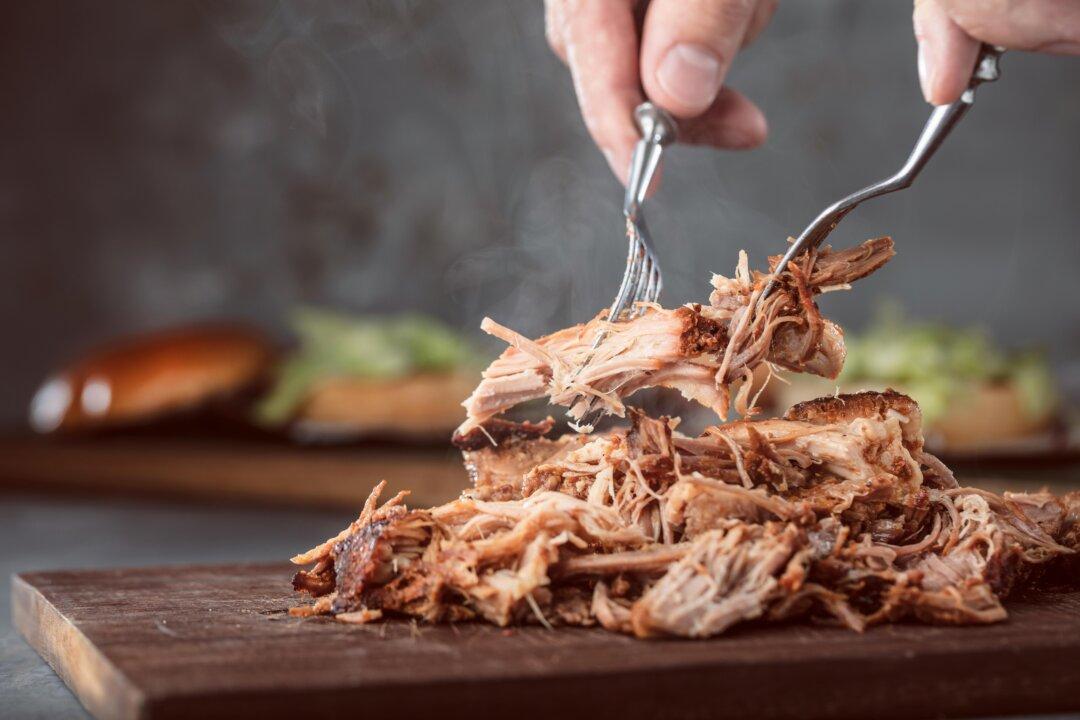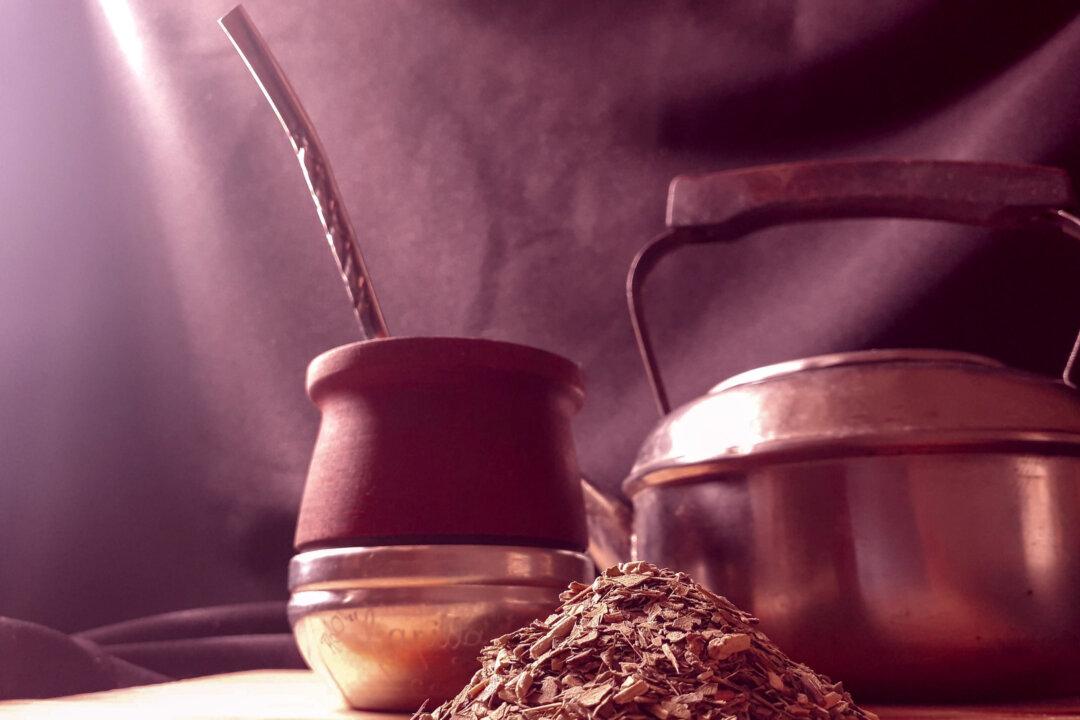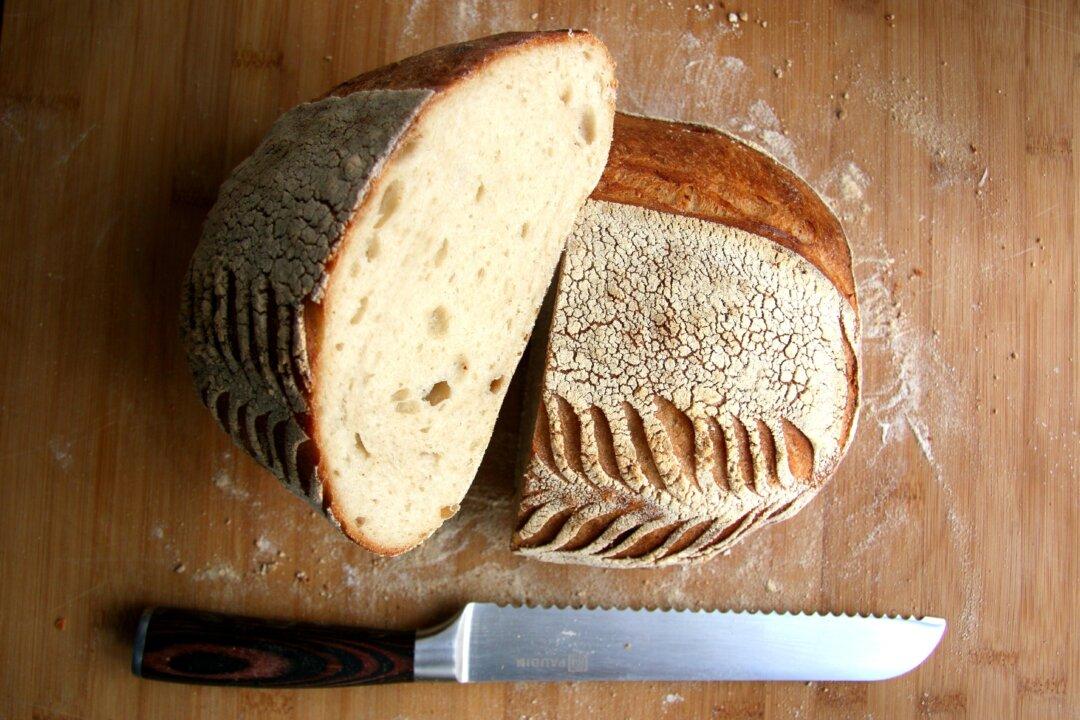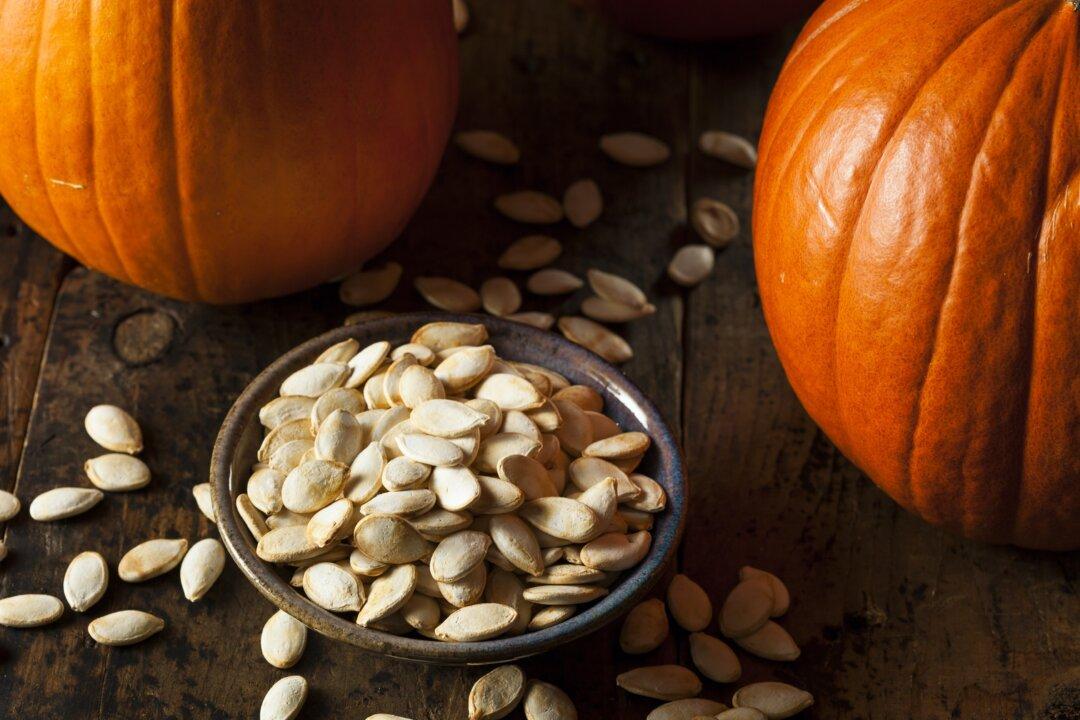When I first got into Traditional Food in 2001, I pretty much had to make anything and everything myself. The reason is because there were few companies (and none in my local area) that made the type of food I was seeking. Worse, few people understood what I was even talking about! This was true even with the perennial favorite sourdough bread. My quest to learn how to make sourdough starter was usually met with puzzled expressions.
“Isn’t using yeast the proper way to get bread to rise? Isn’t this the way it’s always been done?” people would blankly ask.

